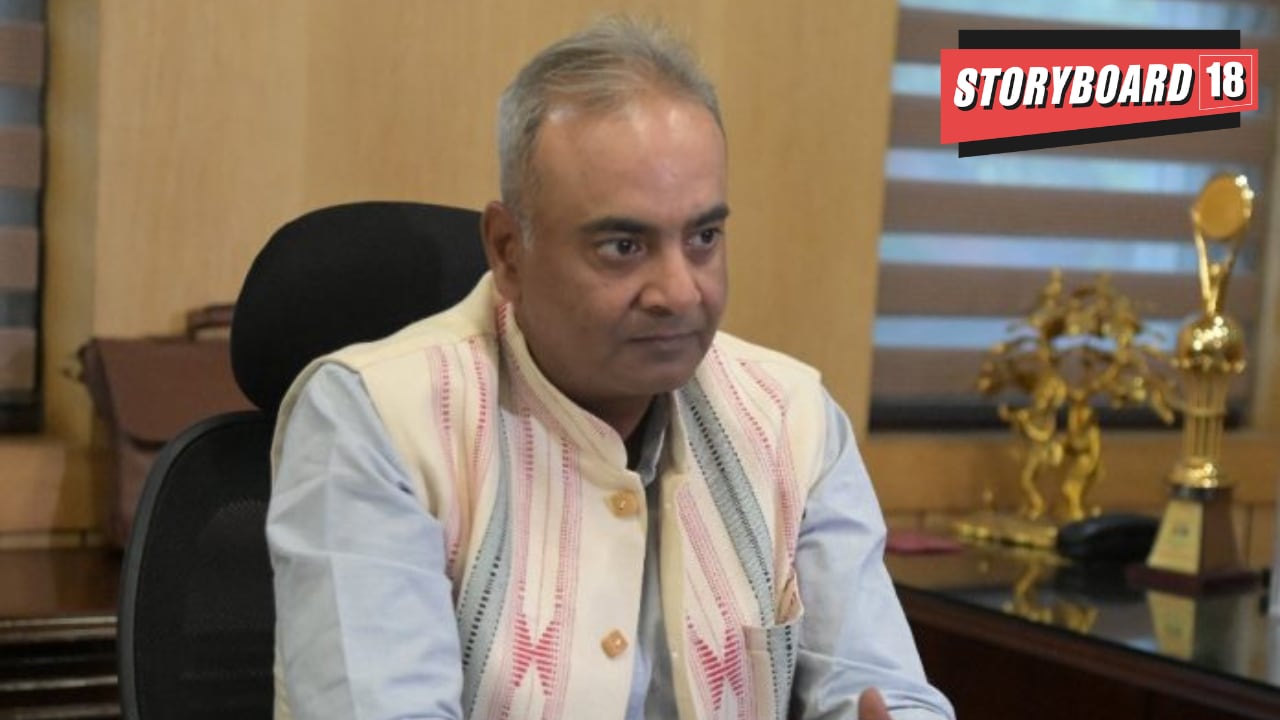Gaurav Dwivedi, a 1995-batch Indian Administrative Service (IAS) officer from the Chhattisgarh cadre, has recently been assigned two additional key responsibilities at Prasar Bharati, India’s public broadcasting agency. In addition to his current role as Chief Executive Officer (CEO), he will now serve as Member (Personnel) and Member (Finance) within the organization. These positions had been vacant since February 2017 and November 2024, respectively.
Originally from Uttar Pradesh, Dwivedi completed his schooling at Apeejay School in Noida and graduated with a degree in Zoology from Hindu College, Delhi University. He also holds a TRIUM Global Executive MBA, a prestigious joint program offered by the London School of Economics, NYU Stern, and HEC Paris.
He has been recognized with the Prime Minister’s Award for Excellence in Administration for his work on food security and the computerization of paddy procurement and the Public Distribution System (PDS) .
His appointment as CEO of Prasar Bharati in November 2022 followed his tenure as CEO of MyGovIndia, the government’s citizen engagement platform.
Read more: Challenge of being a public broadcaster is to present a balanced narrative: Prasar Bharati CEO
In a world increasingly dictated by algorithms, Dwivedi has emphasized on the importance of human judgment in journalism. He believes in empowering reporters to retain control over their narratives and their revenue. At a recent event, discussing the impact of public broadcasting, Dwivedi said, “The challenge of being a public broadcaster is to present a balanced narrative. The most important thing is to present the bare facts to audiences and let them take their own call.”
He said, “News gathering is a very sensitive business and shouldn’t be left to algorithms. Significant time and effort go into collecting stories from the ground, and journalists should be allowed to monetise their work through the platform of their choice.”
Dwivedi also believes that initiatives like Free Dish and WAVES ensure that content reaches everyone, regardless of socio-economic barriers. “Similar to Free Dish, being a public broadcaster, we will never have a high entry barrier with WAVES.”
Recently, Dwivedi has also raised critical concerns about the transparency of algorithms. For him, the lack of openness in how content is curated threatens the integrity of information presented to the public. “In an ideal world, if these algorithms were public resources, I would still accept it. But since they are not open, I am not sure if these resources are being projected to audiences objectively. A closed algorithm is something I am not happy with.”
